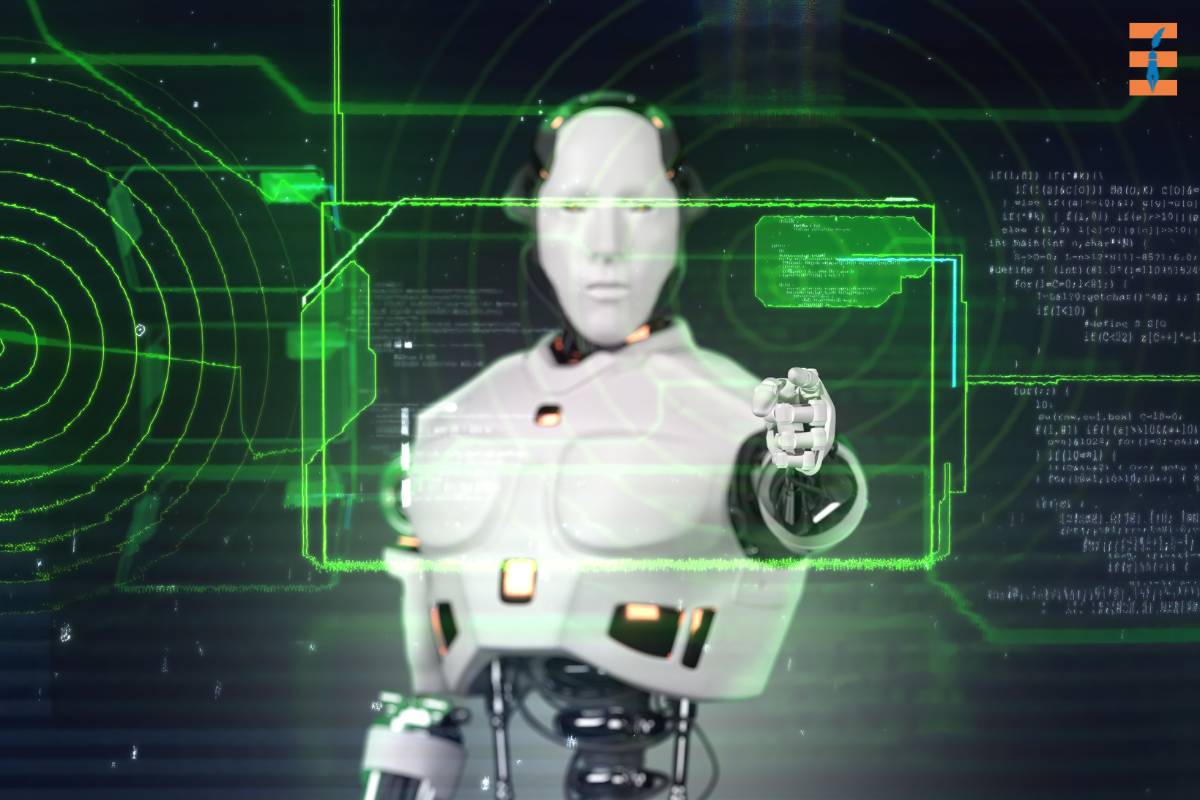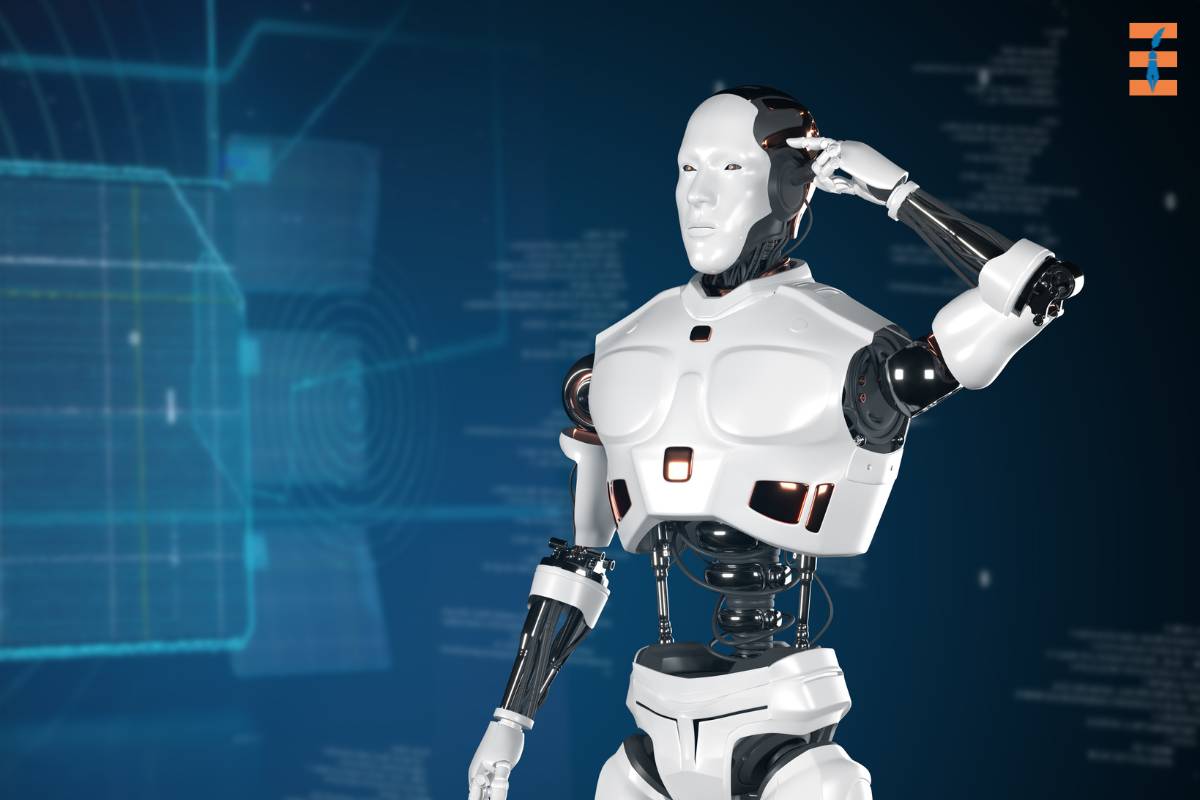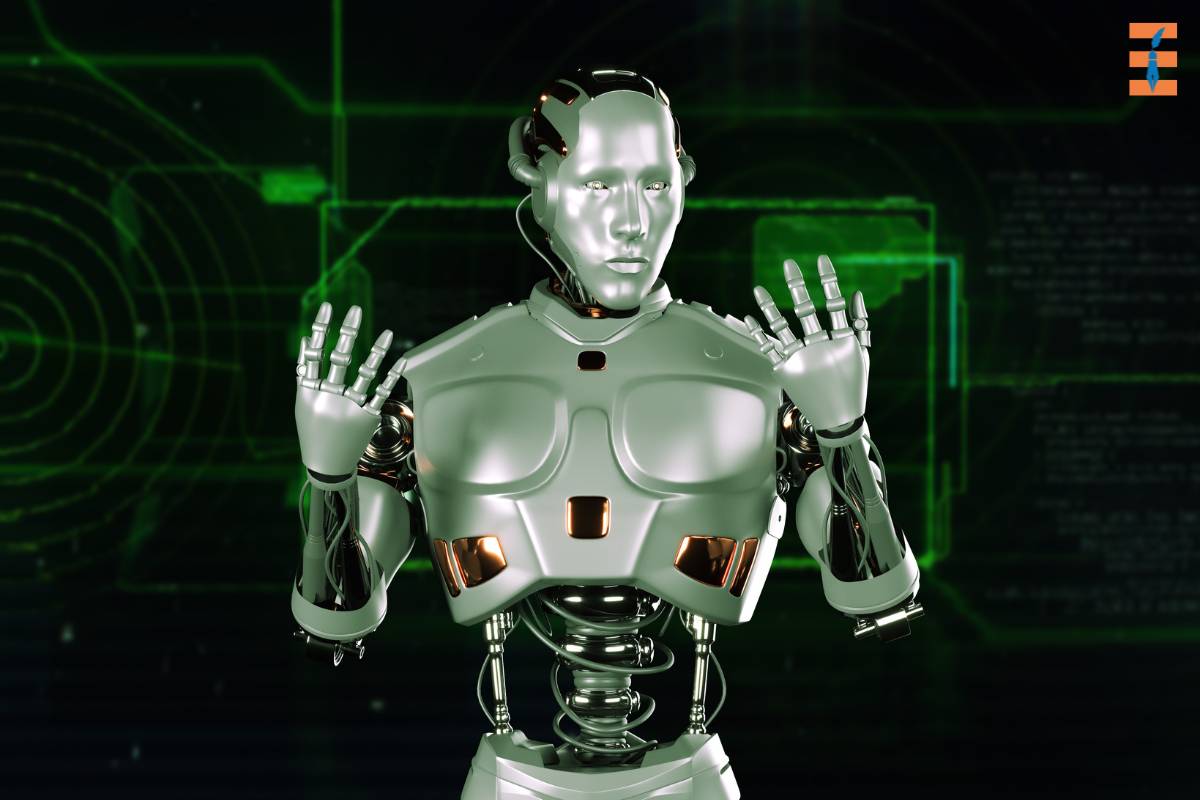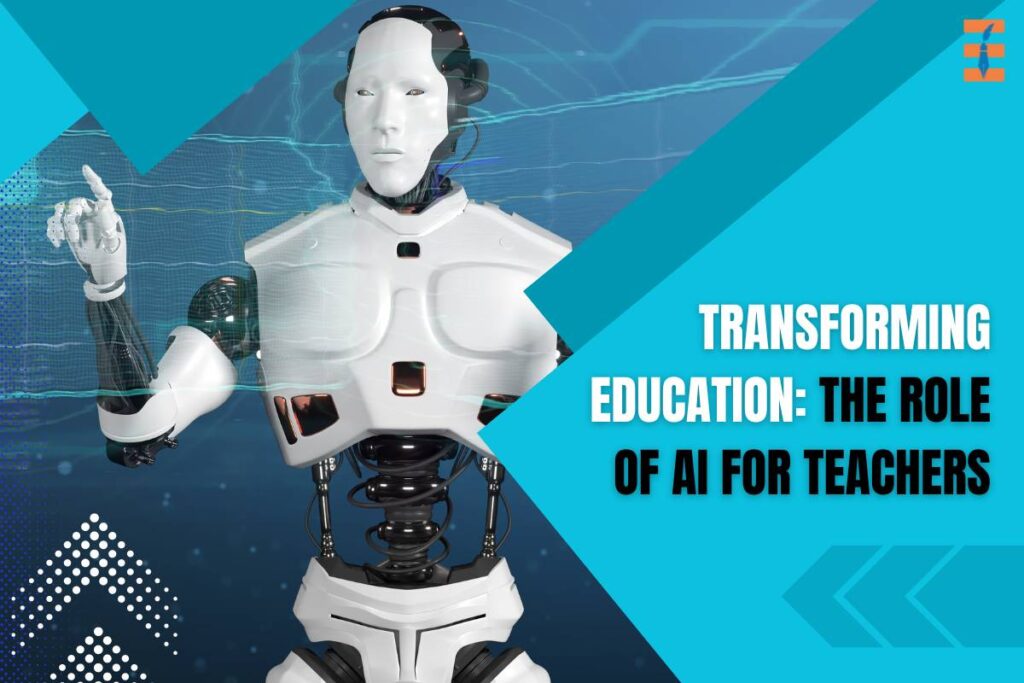As the digital age continues to redefine various aspects of our lives, the field of education is not exempt from the transformative influence of technology. Artificial Intelligence (AI) has emerged as a powerful tool in reshaping the landscape of teaching and learning. This article explores the myriad ways AI for teachers is assisting and augmenting them, revolutionizing traditional education models, and providing personalized learning experiences for students.
Here are 13 Important Role of AI for Teachers:
1. AI for Teachers in Classroom Management

AI plays a crucial role in streamlining classroom management tasks, allowing teachers to focus more on personalized interactions with students. AI-driven tools help automate administrative duties, such as attendance tracking and grading. Virtual assistants powered by AI can answer routine queries, freeing up valuable time for teachers to engage with students on a more individualized level.
2. Personalized Learning with AI for Teachers
One of the significant contributions of AI in education is its ability to tailor learning experiences to individual student needs. Adaptive learning platforms use AI algorithms to analyze students’ strengths and weaknesses, offering customized learning paths. This personalized approach helps students grasp concepts at their own pace, fostering a more effective and inclusive learning environment.
3. Automating Administrative Tasks
Teachers often find themselves burdened with administrative tasks that consume a significant portion of their time. AI solutions can automate routine administrative duties, such as grading, lesson planning, and resource organization. This automation not only reduces the workload on teachers but also enhances the efficiency and accuracy of these processes.
4. AI-Assisted Tutoring and Support
AI-powered tutoring systems provide additional support to students, offering guidance and explanations outside of regular classroom hours. These systems can identify areas where students struggle and provide targeted assistance, reinforcing classroom learning. AI-driven chatbots and virtual tutors contribute to a more accessible and continuous support system for students.
5. Enhancing Educational Content with AI for Teachers
AI is transforming the creation and delivery of educational content. Intelligent content creation tools use natural language processing and machine learning algorithms to generate interactive and engaging learning materials. Teachers can leverage AI to develop content that aligns with diverse learning styles, making the educational experience more dynamic and impactful.
6. AI for Assessments and Feedback
Traditional assessment methods are evolving with the integration of AI. Automated assessment tools can efficiently evaluate student performance, providing instant feedback on assignments and exams. AI algorithms analyze patterns in student responses, enabling teachers to identify areas of improvement and tailor their instructional strategies accordingly.
7. Addressing Learning Disabilities and Special Needs

AI technologies are proving to be invaluable in addressing the diverse needs of students, including those with learning disabilities or special requirements. AI-driven tools can adapt content, provide additional support, and offer alternative learning paths to accommodate individual learning styles. This inclusivity contributes to a more equitable and supportive educational environment.
8. AI for Teachers and Professional Development for Teachers
AI is not only enhancing the student learning experience but also contributing to the professional development of teachers. AI-driven analytics can assess teaching methods, providing insights into their effectiveness. This feedback helps educators refine their approaches, stay updated on pedagogical trends, and continuously improve their teaching practices.
9. AI-Powered Data Analytics for Continuous Improvement
AI-driven data analytics offer teachers valuable insights into student performance, engagement, and overall classroom dynamics. By analyzing large datasets, AI can identify patterns and trends that might go unnoticed through traditional assessment methods. This data-driven approach enables educators to make informed decisions, tailor instructional strategies, and continuously refine their teaching methods for optimal student outcomes.
10. Overcoming Language Barriers with AI Language Processing
For educators working in diverse linguistic environments, language barriers can pose significant challenges. AI language processing tools, equipped with translation capabilities, break down these barriers by providing real-time translation services. This facilitates better communication between teachers and students, creating a more inclusive learning environment and ensuring that language differences do not hinder educational progress.
11. AI for Teachers in Educational Research and Innovation
The impact of AI extends beyond the classroom and into the realm of educational research and innovation. Researchers and policymakers can leverage AI to analyze trends in education, identify areas for improvement, and develop evidence-based strategies. AI-driven research tools contribute to a more comprehensive understanding of educational practices, enabling the implementation of effective and targeted reforms.
12. Addressing Student Mental Health with AI

Recognizing the importance of student well-being, AI is increasingly being employed to address mental health concerns. AI-driven tools can analyze behavioral patterns and detect signs of emotional distress. This proactive approach allows educators to intervene and provide appropriate support, contributing to a holistic educational experience that prioritizes the mental health and emotional well-being of students.
13. Ethical Considerations in AI Integration
While the integration of AI in education brings numerous benefits, it also raises ethical considerations that must be carefully navigated. Issues such as data privacy, algorithmic bias, and the responsible use of AI tools require thoughtful attention. Educators, policymakers, and technology developers must collaborate to establish ethical guidelines that prioritize transparency, equity, and the protection of students’ rights.
Conclusion:
The infusion of artificial intelligence into the educational landscape represents a paradigm shift, transforming the traditional role of teachers into that of facilitators and guides in a technologically enhanced learning environment. AI not only streamlines administrative tasks but also enhances the quality and inclusivity of education. As we continue to explore the possibilities that AI for teachers presents, it is crucial to maintain a balance between innovation and ethical considerations, ensuring that the integration of AI aligns with the principles of equity, transparency, and student well-being. The journey towards an AI-empowered education system is an exciting one, holding the potential to revolutionize learning experiences and equip students with the skills needed to thrive in an increasingly complex and interconnected world.
Also Read: Inspirational Quotes for Teachers: Igniting the Flame of Education










